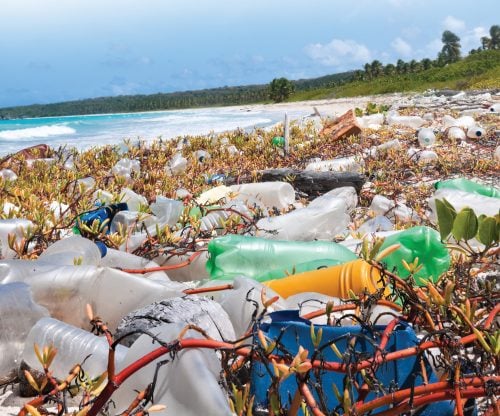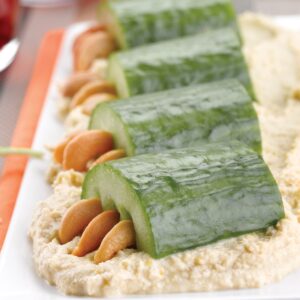
Will 2018 be the year we look back on as the beginning of the end of plastic? I’m hopeful it might be or, at least, the end of single-use plastic, such as plastic bags and plastic packaging.
We’ve all seen the footage and the photos – tragic images of sea birds and marine mammals killed or maimed by ingesting or getting tangled in floating plastic. Huge ‘islands’ of floating plastic waste clogging up the world’s oceans. It’s awful, and it’s got to stop.
It does feel like the tide is turning. Countdown and New World supermarkets will both be plastic-bag free by the end of this year. This will eliminate hundreds of millions, possibly even billions, of plastic bags from landfills.
The next step is reducing the plastic involved in the packaging of food and household items. Walking around the supermarket, there’s a huge amount of plastic used across just about every category of product. I’ve recently started to recycle my soft plastic waste, and I’ve been shocked at how much I’ve collected.
Soft plastic is all the stuff that can’t go in the kerbside recycling, such as bread bags, frozen food bags, toilet paper packaging, confectionery and biscuit wrap, chip bags, pasta and rice bags, courier envelopes, shopping bags – basically anything made of plastic that can be scrunched into a ball. This can now be recycled by returning it to marked bins in supermarkets or some chain stores. The soft recycling programme has recycled more than 100 tonnes of soft plastic bags in the last year, about 25 million bags.
That’s a great start. But the problem, that we’re in danger of drowning our planet in plastic, needs to also be addressed at the source. Ultimately, it’s going to be up to food producers and manufacturers to come up with solutions. It might be alternatives to plastic that can be fully recycled or composted, or perhaps it’ll be reusable packaging that can be returned and re-filled.
Several bulk bin-style stores have opened in Auckland recently, and Bin Inn stores have been around for years. Perhaps this type of shopping is what we will all be doing in a few years, maybe even in our mainstream supermarkets?
In the meantime, there are things we can all do to reduce our use of plastic, in particular single-use plastic bags and plastic packaging. There are communities committed to this already around the country. Shop in Raglan or Thames and you’re likely to get your shopping in a ‘boomerang bag’, a cloth bag made by a local person and designed to be returned to the shop for others to use.
Small things like this can help us change our habits, which is what this is really about. Getting into the habit of always having reusable bags with us takes time, but once you get into it, it becomes second nature. Using types of coverings for food in the fridge other than plastic wrap, is the same.
My own goal is to reduce my food-related plastic use down to as close to zero as I can get it. That will mean changing some of the things I buy, and getting into some new habits. I think they’re habits that will have long-term gain, so I’m committed.
How to cut your plastic use
- Get into the habit of always carrying a reusable bag for small purchases. Find a lightweight one that folds or rolls down small. Keep one in every handbag and one in your car’s cup holder.
- Keep reusable grocery bags in your car and by your front door. Have a supply in both places, so you’re never stuck at the supermarket with no bags.
- Consider buying brands packaged in cardboard, paper or glass rather than plastic. Shop from bulk bins and use your own reusable containers or bags.
- If you use supermarket bags as rubbish bin liners, try doing without. Just rinse out the bin after you’ve emptied it and give it a scrub once in a while to keep it smelling fresh.
- Collect your soft plastic in a reusable shopping bag, and take it back to the supermarket when you shop. Check recycling.kiwi.nz/solutions/soft-plastics to find where your nearest soft recycling bin is.
- Use reusable bags for fresh produce at the supermarket, rather than taking a single-use bag. Even ziplock bags that you can re-use many times will work for this. Or go without bags altogether.
- Try reusable food covers, such as beeswax wraps. These are easy to make yourself; check YouTube for tutorials. Or use elasticated food covers instead of plastic wrap. These work well inside school lunchboxes too.
- Invest in some good-quality containers you can use to store food in your pantry, fridge and freezer rather than plastic bags. Consider taking these to bulk bin stores when it’s time to re-stock the basics.
- Get (and carry) a reusable cup for coffees, smoothies and cold drinks when you’re out and about. Request ‘no straw’ in restaurants and cafés.
www.healthyfood.com










